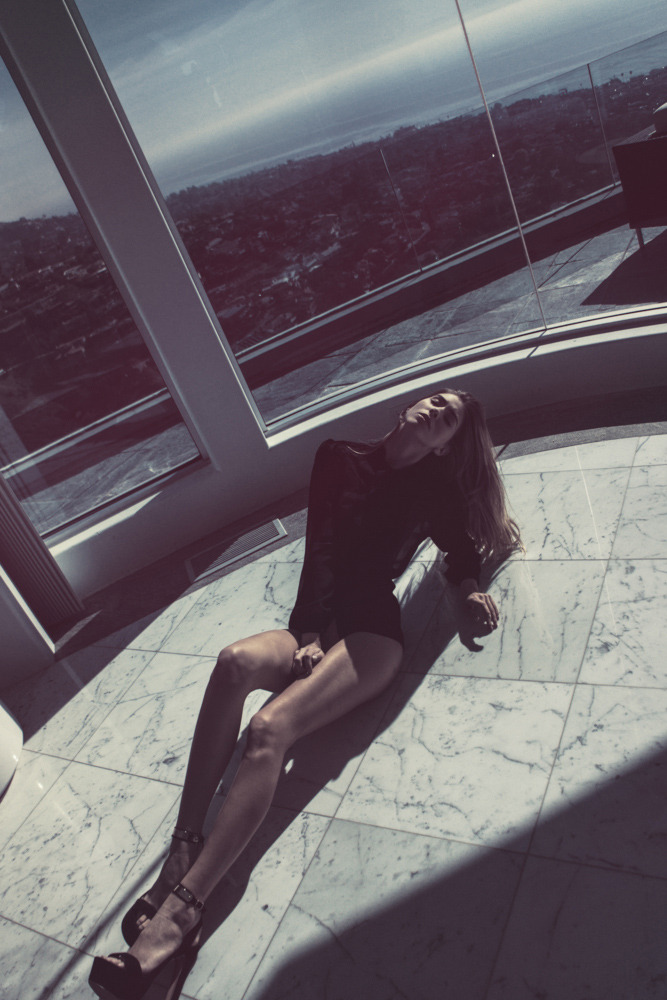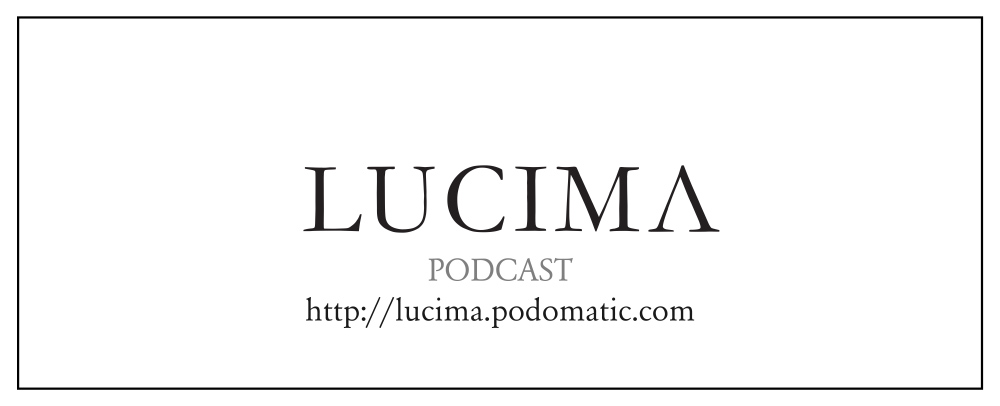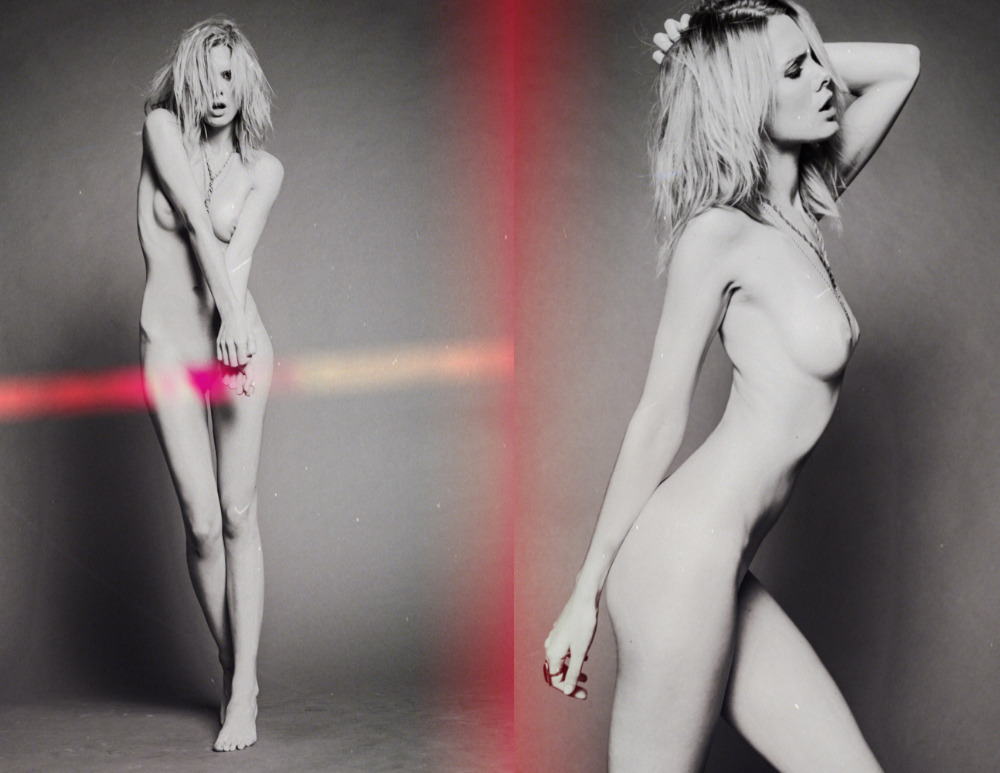Q: The biggest issue I have is giving direction to models. Experienced models are not a problem, but communicating the poses and expressions I'm looking for to inexperienced models is kinda a challenge.
The next issue is lighting with strobes. I have a bit of a background in video so I'm confident working with tungsten lighting and gels. Strobe lighting on the other hand is kicking my ass. The link I sent is from a shoot where I shoot over a thousand pictures. I shoot that many mainly because of trial and error when working with strobes...hot spots, flat lighting, dull colors, so on.
A: The first issue you raise is an abstract issue. That's like asking, "How do I make my unmotivated employees more productive?" There are THOUSANDS of books on that topic and there is no "right" answer.
And likewise, all I can do is show you how I do it! I have a bag of tips and tricks and many suggestions to aid you in this endeavor. I have shot my fair share of "newbies" on my journey. But I'll be the first to admit, I'd rather shoot an experienced model any day!
Strobes. That's a technical question. This is more right versus wrong. I do believe that there are definitive answers for this subject matter.
Let me first suggest (and please don't take offense) that perhaps your understanding of lighting via your video work is not as solid as you might believe and thus creates the challenges you are experiencing. For example, I know many a wedding photographer that thinks he/she knows "lighting". Yet their solution for any shot is to find shade and hope for an overcast day and NEVER shoot at noon. False, false and false.
Being good at lighting means being able to articulate what makes good light and what makes bad light. This (verbal) articulation gives us grounds to make the light "better". The problem is that most people can not verbally describe the difference between good and bad light. To most people it's a "gut feeling". They'll say, "this picture just looks better than the other". But they can't explain why. Which is fine for ordinary folk but that's not good enough for us as photographers. We have to alter the light to make it "better". But it should only be trial and error for a few test shots. It should not be an ongoing experiment with no end.
Hot spots, flat lighting, uneven exposure, etc. are all symptoms but the real source of the issue is the understanding of light.
This I can help you with as well!





